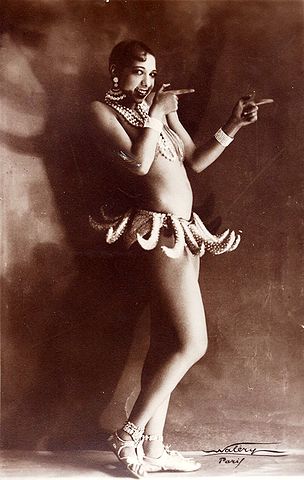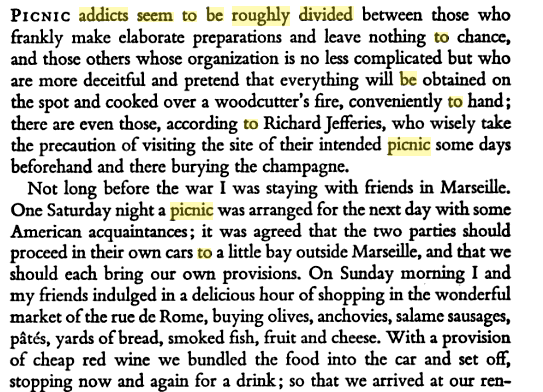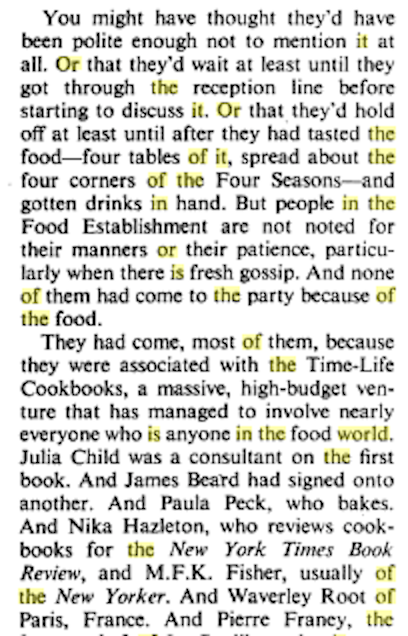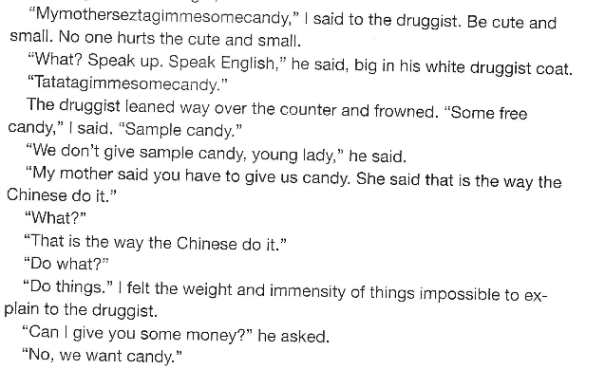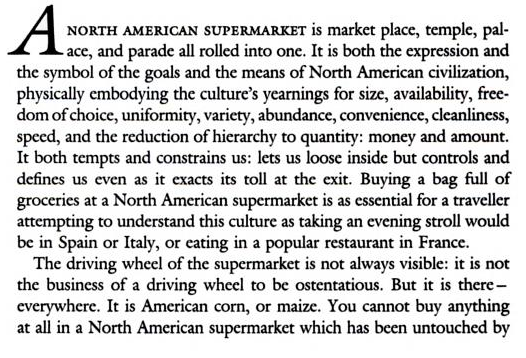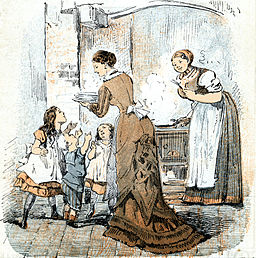
Peg Bracken. My mother had her book. My mother did not cook. Or at the least, she didn’t like to cook. Peg Bracken was one of a kind, and definitely worth reading.
Some women, it is said, like to cook.
This book is not for them.
This book is for those of us who hate to, who have learned, through hard experience, that some activities become no less painful through repetition: childbearing, paying taxes, cooking. This book is for those of us who want to fold our big dishwater hands around a dry Martini instead of a wet flounder, come the end of a long day.
When you hate to cook, life is full of jolts: for instance, those ubiquitous full-color double-page spreads picturing what to serve on those little evenings when you want to take it easy. You’re flabbergasted. You wouldn’t cook that much food for a combination Thanksgiving and Irish wake. (Equally discouraging is the way the china always matches the food. You wonder what you’re doing wrong; because whether you’re serving fried oysters or baked beans, your plates always have the same old blue rims.)
And you’re flattened by articles that begin “Of course you know that basil and tomatoes are soulmates, but did you know…” They can stop right there, because the fact is, you didn’t know any such thing. It is a still sadder fact that, having been told, you won’t remember. When you hate to cook, your mind doesn’t retain items of this nature.
Oh, you keep on buying cookbooks, the way a homely woman buys hat after hat in the vain hope that this one will do it.
Read more at the Hachette Publishing Group page here: http://bit.ly/1nM49Ey
 Academic foodwriting enters a space where food becomes an idea, not something to cook or something to eat or smell. This idea of food then intersects with other ideas of other things the scholar wants to try to figure out on a grander scale or alternately, to write theses the scholar has in their mind as being the correct theses then have everyone else believe them too.
Academic foodwriting enters a space where food becomes an idea, not something to cook or something to eat or smell. This idea of food then intersects with other ideas of other things the scholar wants to try to figure out on a grander scale or alternately, to write theses the scholar has in their mind as being the correct theses then have everyone else believe them too.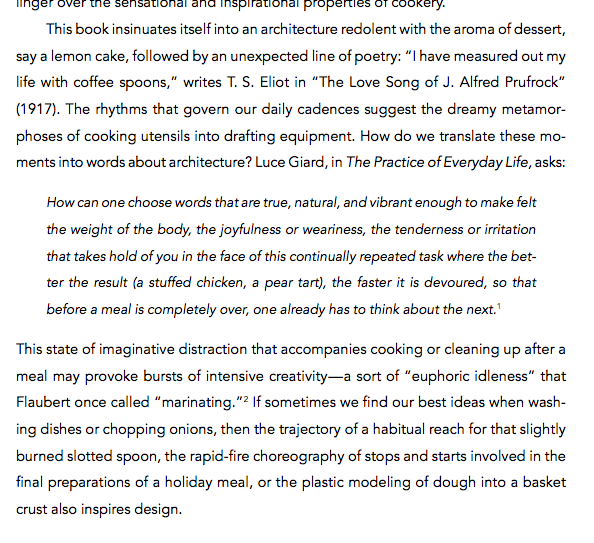 For more of “Eating Architecture” please go to the MIT Press page for the book where the full introduction can be read.
For more of “Eating Architecture” please go to the MIT Press page for the book where the full introduction can be read.